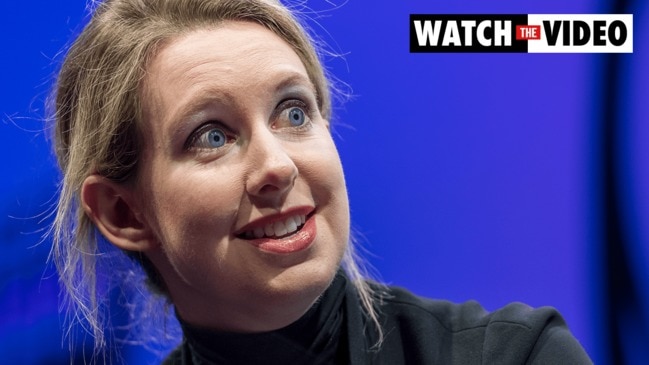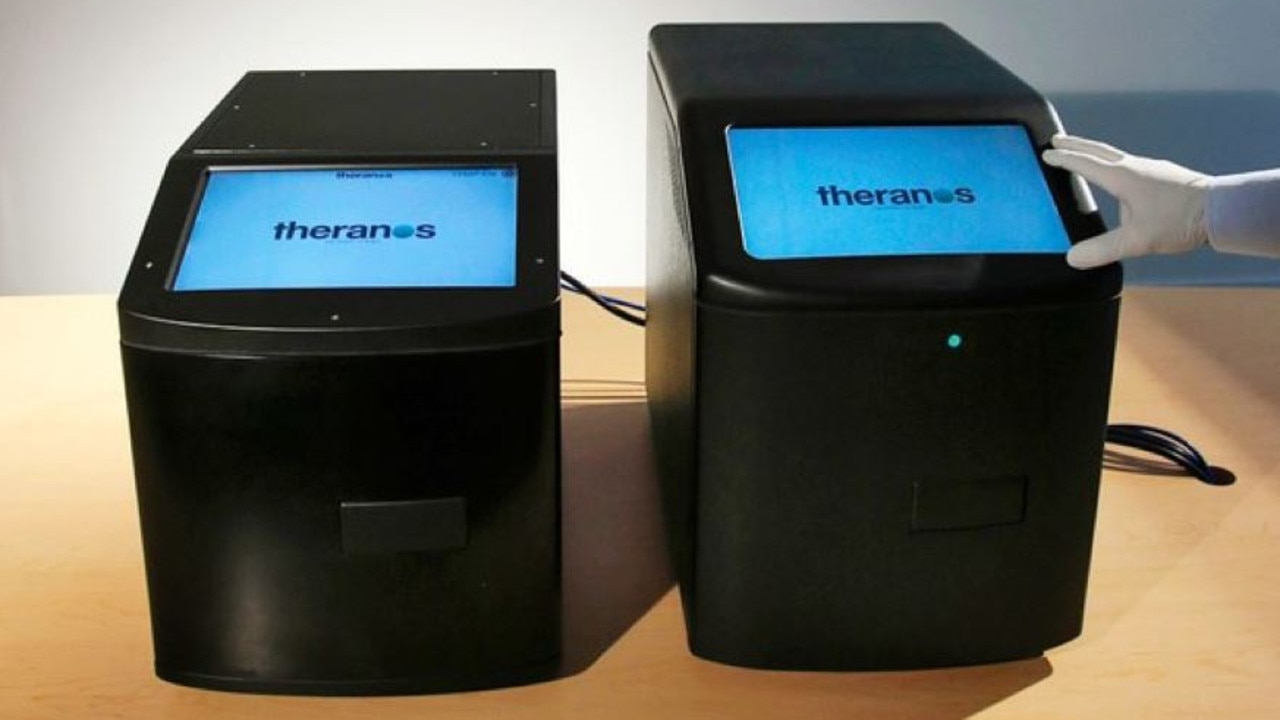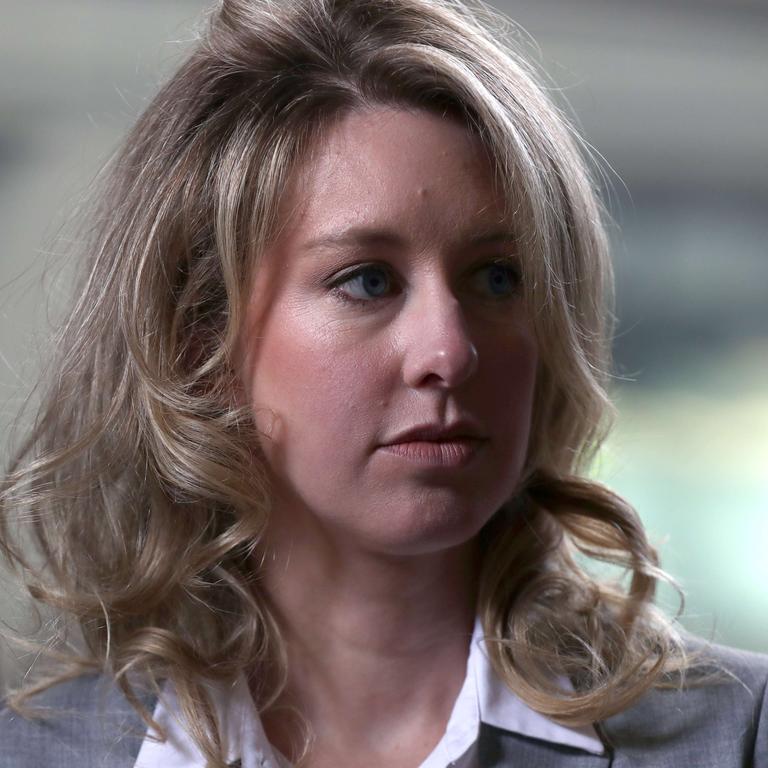Theranos founder Elizabeth Holmes to undergo psychological evaluation
A woman accused of running a massive alleged fraud for her blood testing startup has a new plan to try and beat the case.

The woman accused of being behind one of the most audacious and enthralling alleged frauds of the century will have to spend up to 14 hours being evaluated by government-appointed psychologists after an attempt to plead mental impairment apparently backfired.
Elizabeth Holmes, 36, and her much older sometimes-boyfriend/business partner Ramesh “Sunny” Balwani, 55, were charged in June 2018 with nine counts of wire fraud and two counts of conspiracy to commit wire fraud.
The charges stemmed from Ms Holmes ill-fated startup Theranos, which she dropped out of Stanford University aged 19 to pursue, hoping to revolutionise blood-testing by performing numerous tests on a single drop of blood.
RELATED: Silicon Valley tip to become stinking rich


RELATED: Fresh blow for embattled CEO
According to The Wall Street Journal reporter John Carreyrou, who wrote extensively on Theranos’ rise and fall for the newspaper and in his own book Bad Blood: Secrets and Lies in a Silicon Valley Startup, Ms Holmes may have started Theranos with good intentions, but was primarily motivated by a desire for success and wanted to be the next Steve Jobs.
She frequently copied his black turtleneck and jeans outfit and reportedly spoke in a voice several octaves lower than her real one.
“Her ambition in achieving this vision was so voracious that she just refused to acknowledge any setbacks and refused to let anything get in the way, and so she started cutting corners, and she silenced people, and she and her boyfriend intimidated people, threatened people, and it was all in the name of this great vision,” Carreyrou told Tech Republic last year.
“It really was an attitude of the ends justified the means. The problem is that the means got so distasteful that it became wrongdoing and essentially white-collar crime.”

RELATED: Desperate deceptions of US’ youngest female billionaire
Some of those means included allegedly deceiving US pharmacy chain Walgreens into using its blood testing machines in store, the samples for which were actually diluted to be tested on more advanced testing machines, which diluted them further to the point of making them useless.
Theranos was also accused of lying about its devices being used by the US military, as well as overstating its revenue, claiming it made $100 million in 2014 when it really made 0.1 per cent of that.
In December last year, her lawyers informed the court they intended to argue a case of mental impairment, with plans to cite “expert evidence relating to a mental disease or defect or any other mental condition”.
The expert they wanted to bring to court was named in court documents obtained by ArsTechnicaas California State University psychology professor Mindy Mechanic, who specialises in “psychosocial consequences of violence, trauma, and victimisation with an emphasis on violence against women and other forms of interpersonal violence”.
The plan has somewhat backfired, with US District Judge Edward Davila instead saying Ms Holmes should be evaluated by two doctors the government will pick, for up to 14 hours over a period of two consecutive days.
He also ruled the evaluation be filmed, against Ms Holmes’ objections.

While the story of Theranos is absolutely crazy, according to Harvard University law professor Noah Feldman, Ms Holmes probably is not.
“The news that Elizabeth Holmes’s lawyers plan to present an insanity defence in her federal trial for criminal fraud is frankly astonishing,” Prof Feldman wrote for Bloomberg.
“Maybe the evidence against her is so strong that her lawyers are desperate. Or maybe they are hoping to follow a strategy of making the jury feel sympathy for her, giving them an excuse to acquit,” Prof Feldman wrote.
“But the reality is that it is extremely difficult for a defendant to prove insanity in federal court.”
It will get two-steps harder now that her team will be forced to use a pair of government-appointed evaluators.

Prof Feldman said her lawyers will have to prove to the jury whether Ms Holmes knew what she was doing and whether she knew it was wrong.
“She was running a company and making public statements about her product, and certainly knew that those were the activities in which she was engaged.
“Presumably, Holmes’ lawyers will try to maintain that she didn’t know it was wrong to deceive investors and the rest of the world about Theranos’ blood tests,” Prof Feldman added.
Carreyrou said the attempt to receive testimony from Dr Mechanic indicated Ms Holmes’ lawyers planned to lay a lot of blame at Mr Balwani’s door.
Exactly. https://t.co/Ev3pTKZpmB
— John Carreyrou (@JohnCarreyrou) September 11, 2020



